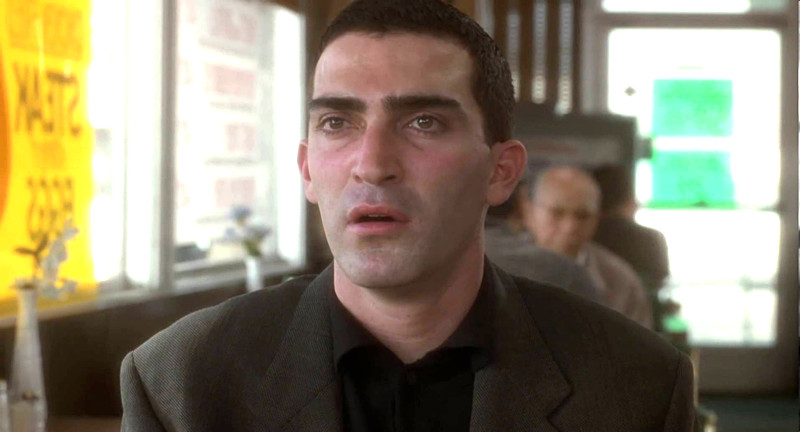
In a matter of years, Ari Aster has breathed new life into what not long ago appeared to be a watered-down genre on its very last legs, where derivative schlock and uninspired sequels still reign supreme as the industry’s bread and butter. His meteoric rise from unknown New York film student to one of the hottest commodities in all of Hollywood has been nothing short of remarkable, and can be better explained through his many artistic influences and well-versed knowledge of the seventh art.
Admittedly, Aster has earned his stripes by refusing to play by the rules, upending generic trappings and subverting our expectations of what horror can comprise to create something that feels thoroughly new and refreshing. But the director has always been candid about the cinematic touchstones that have shaped his oeuvre in one way or another. His feature-length debut, “Hereditary”, can be roughly described as a modern riff on “Rosemary’s Baby” that takes cues from cult staples like “Carrie” and “Don’t Look Now”, while its follow-up, the folk horror “Midsommar” can easily be traced back to Robyn Hardy’s “The Wicker Man”.
“I’m a cinephile,” he says unashamedly. “The most exciting thing about being a filmmaker is being in dialogue with the films and filmmakers I love, and using the common language of the cinema to work through my own stuff and make something personal out of it.” And though his two horror hits may have bestowed him with immediate acclaim, Aster doesn’t see himself exclusively as a genre director. In fact, he argues that his sensibilities lean closer towards psychological nail-biters and domestic battlegrounds than common slashers or paranormal flicks.
With Aster’s long-anticipated third feature (“Disappoint Blvd.”) lurking up ahead and expected to arrive at some point this fall, we have assembled ten of his all-time favorite thrillers to make the wait a little more bearable. Our main source for this list comes in the form of a Reddit Q&A the director hosted in 2019, where he was asked to list some of the contemporary films and directors he admires the most. Conversations with fellow auteur Robert Eggers, Film Comment and the Criterion Collection have also been consulted.
1. Mulholland Drive (2001)
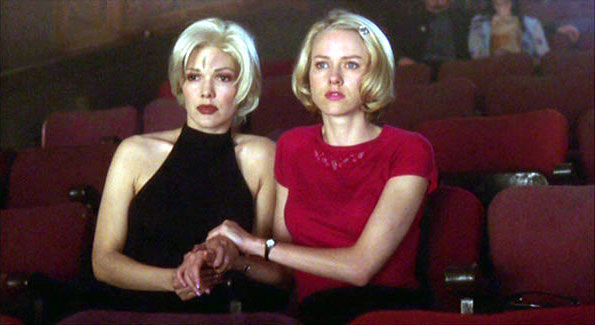
It would be impossible to overstate the profound influence David Lynch has had among modern audiences and directors alike. It could be argued that, throughout his career, he’s single-handedly pushed the envelope of cinema and expanded its frontier as an artform as much as anyone else in the past forty years. His films, much like Rorschach tests, are best approached at an intuitive and spiritual level, only fully appreciated when one surrenders analytical reasoning to embrace their oneiric logic and elliptical rhythms.
Twenty years removed from its release, “Mulholland Drive” still remains his most enthralling jigsaw puzzle, the summative triumph of his career and a great indicator of his long-running artistic obsessions. The film seemingly presents itself as an ominous neo-noir that follows a wishful young actress upon her arrival in Hollywood — the land of perpetual opportunity and a perennial symbol of artificiality and corruption in Lynch’s world. The surface narrative merely serves as a vehicle to delve into the real main character’s fears, jealousy and guilt, thrusting us into her troubled headspace through a distorted retelling of her past traumas and thwarted dreams.
Connecting the dots between Diane Selwyn’s tragic backstory and Ari Aster’s tandem of feature films is easier than one would expect. Both “Hereditary” and “Midsommar” are preceded by similarly traumatizing events that inflict their respective protagonists with unbearable misery and trigger their descent into madness. “Mulholland Drive” exists on a similar wavelength as both films by showcasing how grief, trauma and despair wraps its tendrils around wounded individuals, often causing irreversible damage.
Aster praised the film to the skies, citing it as his favorite Lynch film among “Blue Velvet” and “Fire Walk with Me” in a 2019 tweet. “A lot of my favorite films are things I saw for the first time with my mother. “Mulholland Drive” was a big deal, and a film we both responded very strongly to.”
2. Dogville (2003)
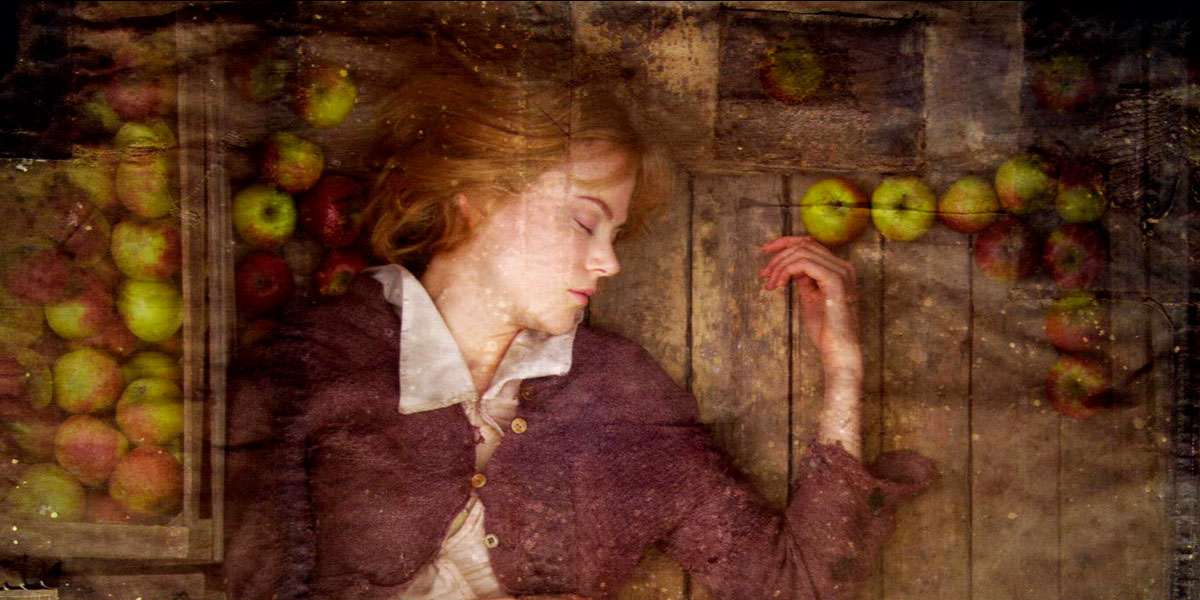
We all have a film we first watched at a fairly impressionable age that shook us to the chore and lives rent-free in our heads ever since. For Ari Aster, that would be “Dogville”, a movie he reckons to be the best in the past two decades and which proved to be a transcendent experience during his formative years as an aspiring filmmaker. Often hailed as Lars von Trier’s crowning jewel, the story takes place in a secluded small-town — entirely filmed in a minimalist black soundstage — where a desperate runaway is offered refuge at a steep price.
Against this intriguing backdrop, “Dogville” delivers a visceral portrait of evil, greed and herd mentality that analyzes human nature with a magnifying glass, arriving at an incendiary climax that forces us to reconsider our most primitive instincts. “I felt really implicated by the catharsis of the ending, I remember feeling like, ‘Oh my god… I just watched a three-hour justification for mass murder and the film has trained me to be filled with joy”, recalls Ari Aster. The director further acknowledged von Trier’s masterpiece as an unconscious influence in his own nightmarish thrillers, noting how it both “alienates and draws the audience in, offering a complicated ending to contend with”, something he went on to achieve with his latest hit, “Midsommar”.
3. Burning (2018)
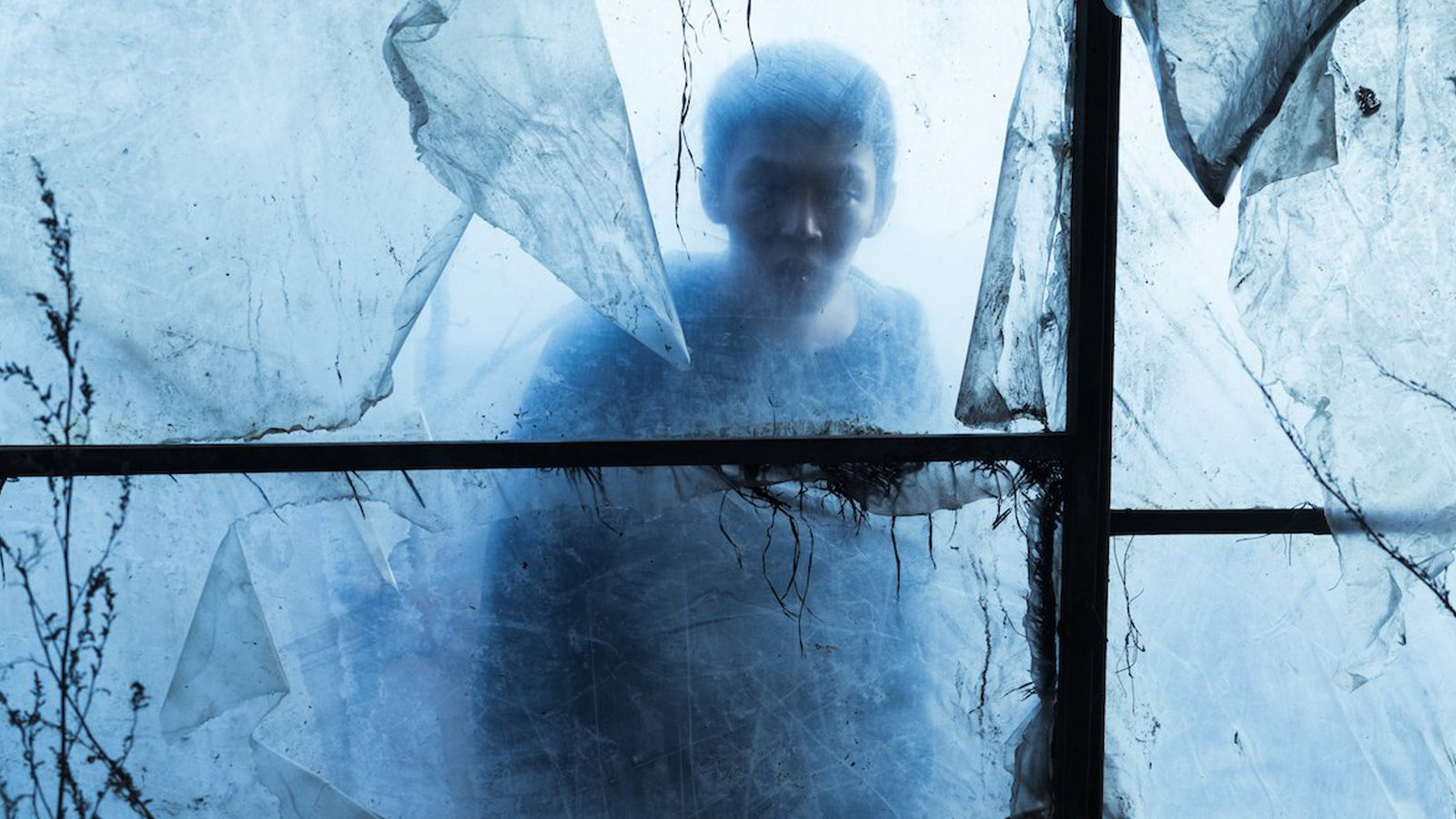
Ari Aster has sung the praises of plenty of South-Korean filmmakers in the past few years, declaring himself enthused over how they defy categorization and juggle different tones in their work. Lee Chang-dong’s “Burning” proved to be one of the country’s best exports in recent memory; a cryptic thriller that expanded upon Murakami’s short novel to deliver a powerful meditation on class struggle, masculine disenchantment and postmodern alienation.
The story lays out these lofty undertones under the guise of a conventional whodunit, putting us in the shoes of a young delivery man who runs into a childhood friend and is then introduced to a sophisticated upper-classer with questionable hobbies. Though enthralling at face value, labeling “Burning” as a strict genre film criminally undermines the rich thematic fabric anchoring its central narrative. Delving too much into plot specifics is a sure way to spoil part of the film’s appeal too, for it deliberately leaves plenty of room open for interpretation while raising far more questions than granted answers.
Aster described “Burning” as the most haunting and densely layered film he’d seen in ages, arguing its mysteries still energize him. “Slyly ambiguous and totally concrete; ethereal and impenetrable — it’s a dream movie about people as islands, and it feels bottomless. I didn’t think it was possible to top “Secret Sunshine”, but Lee Chang-dong goes beyond the beyond here.”
4. Cries and Whispers (1972)
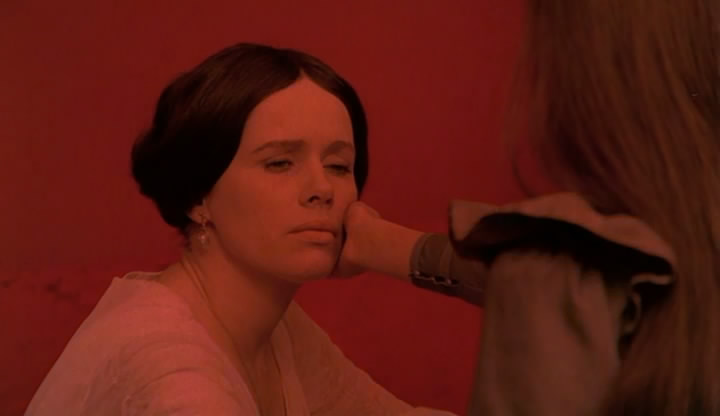
The lofty reputation that precedes Ingmar Bergman’s name is one that evokes intellectual artistry if occasionally forbidding solemnity too. Though the Swede’s ontological ruminations hardly classify as lighthearted affairs, for Ari Aster his work remains as inviting and entertaining as any other. “Bergman is one of my heroes. I love him. He was always wrestling with the big things — family dynamics, death, God — but he did it in such a beautiful and accessible way.”
“Cries and Whispers” followed previous attempts by the director of articulating his spiritual malaise in one of his most captivating chamber dramas to date. Death casts a long shadow all over the crimson halls where the entire story takes place and where Agnes, a cancer-ridden woman, faces the last stages of her agony. As its protagonist hovers between this realm and the next, the film informs us of her emotional vulnerability and miserable fear, as well as her complicated relationship with her mother and siblings through scattered flashbacks that uncoil like a fever dream.
Ari Aster regards “Cries and Whispers” as the most devastating and beautiful recollection of death and sisterhood, at the same time being a big touchstone that he personally screened for the crew during the production of “Hereditary” — a film similarly fixated on suffering, grief and loss.
5. The Killing of a Sacred Deer (2017)
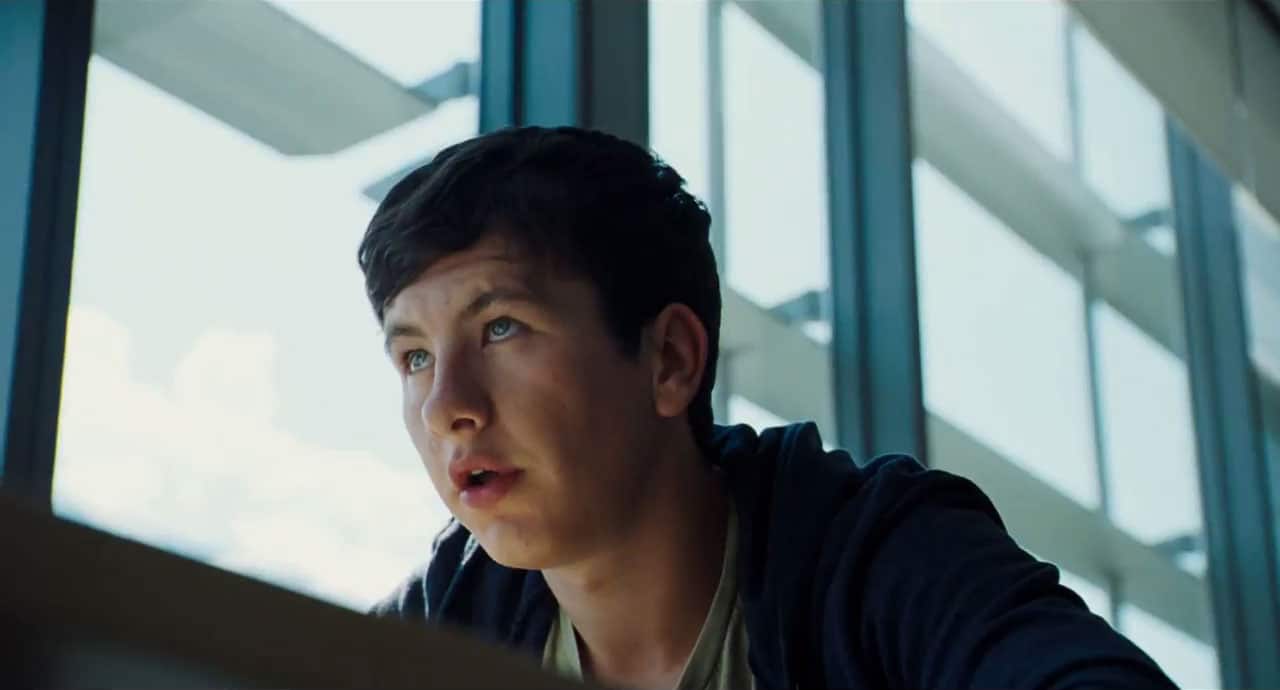
When pitching his feature-length debut, Ari Aster originally described “Hereditary” as a domestic drama that curdles into a nightmare. “I wanted it to function first as a vivid family tragedy before I even bothered attending to the horror elements.” This approach paid dividends — resulting in a creation far more disturbing than the usual string of uninspired jump scares that masquerade as something substantial or scary.
In the subject of thrillers deliberately designed to make your skin crawl — the type that slowly etch into your mind and haunt you long after the credits roll — Yorgos Lanthimos might very well be the next best thing to Aster. Anyone acquainted with his work can attest to the unsettling atmosphere, detached artificiality and deadpan tone that make each of his films agonizing endeavors. “The Killing of a Sacred Deer”, much like “Hereditary”, transpires in an idyllic suburban family of four. Their lives soon take a dark turn after the patriarch, a respected cardiovascular surgeon, becomes acquainted with an enigmatic sixteen-year-old boy.
As is the case with Aster’s one-two punch of arthouse horror, “The Killing of a Sacred Deer” is not for the faint of heart. The film never lets the audience off the hook, slowly growing towards a nightmarish crescendo that culminates in a masterful final blow. After being utterly floored by his 2017 thriller, Ari Aster argued that he’d watch “a film about paint drying”, provided that the Greek director helmed it.